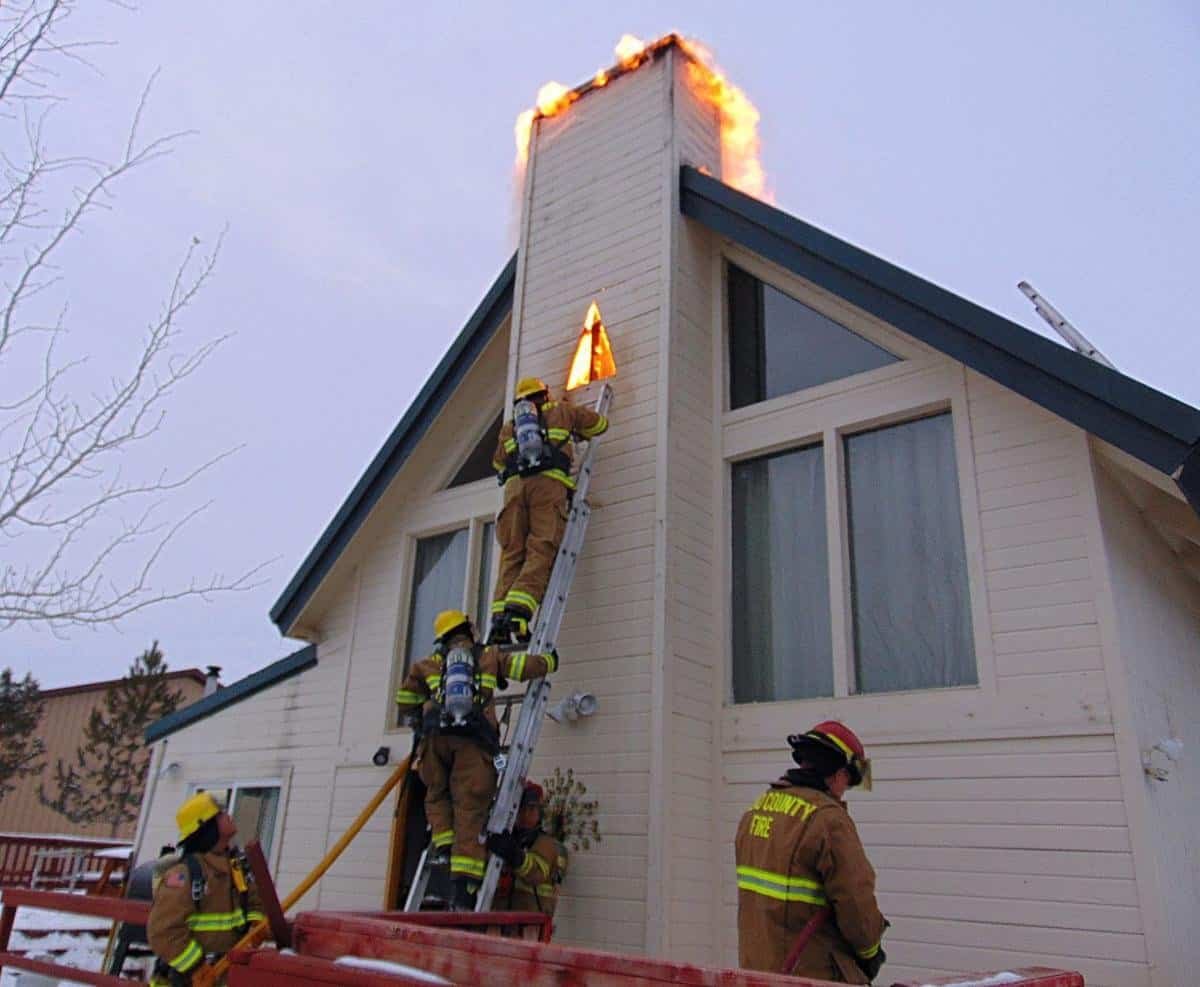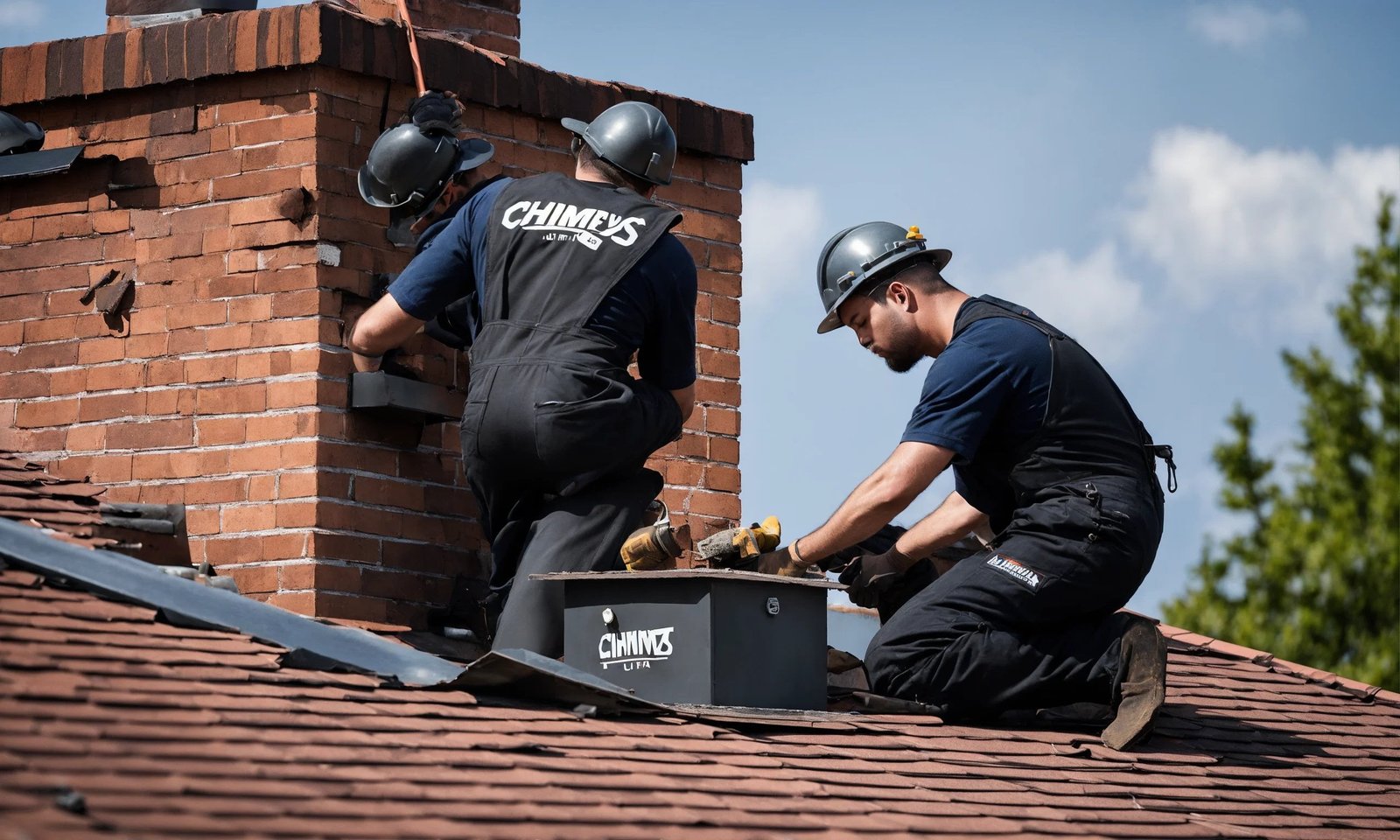When temperatures plunge, there’s nothing better than cozying up at home, enjoying the warmth of a crackling fire. But have you ever thought about what might happen if your fireplace chimney caught on fires?
Chimney fire is more common than you might think and can cause significant property damage, injury, or even death. This is why it’s essential to learn about the causes of chimney fires and how to prevent them.
In this blog post, we’ll cover everything you need to know about chimney fires, including their causes, preventive measures, and what to do in the event of a chimney fire.

1. What causes chimney fires?
Chimney fires occur when there’s a buildup of creosote within the chimney lining, the flue, or the stovepipe. Creosote is a highly combustible residue that forms when wood burns, especially when burning wet or unseasoned wood.
The thicker the buildup of creosote, the higher the chances of a chimney fire starting. Other causes of chimney fires include birds’ nests or debris blocking the chimney flue or hot embers escaping the firebox and igniting flammable materials.
2. Preventing chimney fires:
Preventing chimney fires is essential to avoid the risks involved in having one. The following steps will help you reduce the chances of a chimney fire:
- Get your chimney professionally cleaned and inspected annually to remove the creosote buildup and identify any potential chimney hazards.
- Burn only dry, well-seasoned wood in your fireplace.
- Install a chimney cap to prevent debris, birds, or animals from entering the chimney.
- Use a spark guard or glass fireplace doors to prevent hot embers from leaving the fireplace.
- Never leave a fire unattended, and always make sure it’s fully extinguished before leaving the house or going to sleep.
3. What to do in case of a chimney fire:
If you notice any signs of a chimney fire – such as loud cracking or popping noises, dense smoke coming out of the chimney, or flames spilling out of the top – take immediate action. Follow these steps:
- Call the fire department and evacuate your home.
- Close all air dampers to starve the fire of oxygen.
- Use a fire extinguisher to put out the fire if it’s small and contained. Don’t use water as it can cause an explosion by turning into steam with the intense heat.
- Once the fire is out, wait for a professional chimney sweep to inspect your chimney before using it again.
Conclusion
Chimney fires are dangerous and can be avoided by taking preventative measures. Getting your chimney cleaned and inspected, using dry, well-seasoned wood, and using a spark guard or glass doors are just a few of the things you can do to prevent chimney fires.
If you do experience a chimney fire, call the fire department right away, and evacuate your home. Remember, the safety of you and your family is always a priority.



